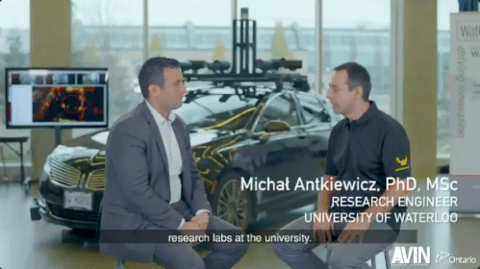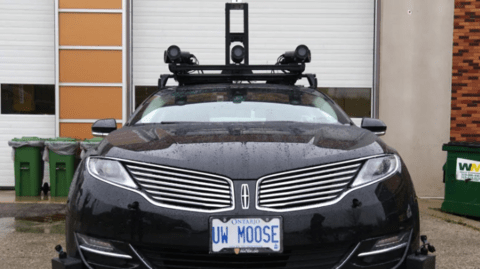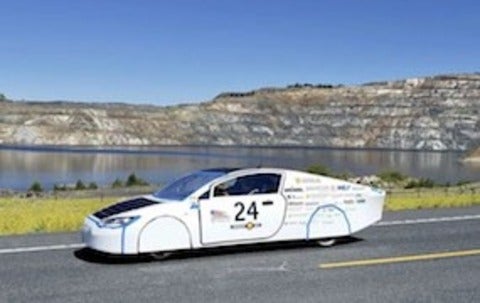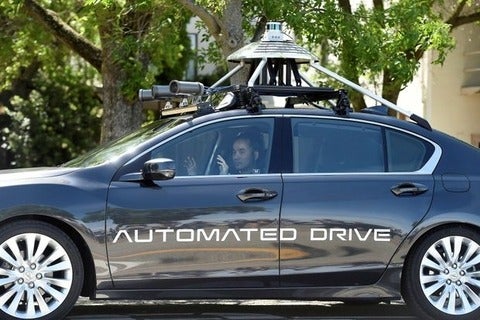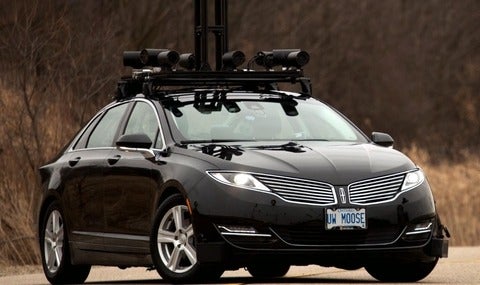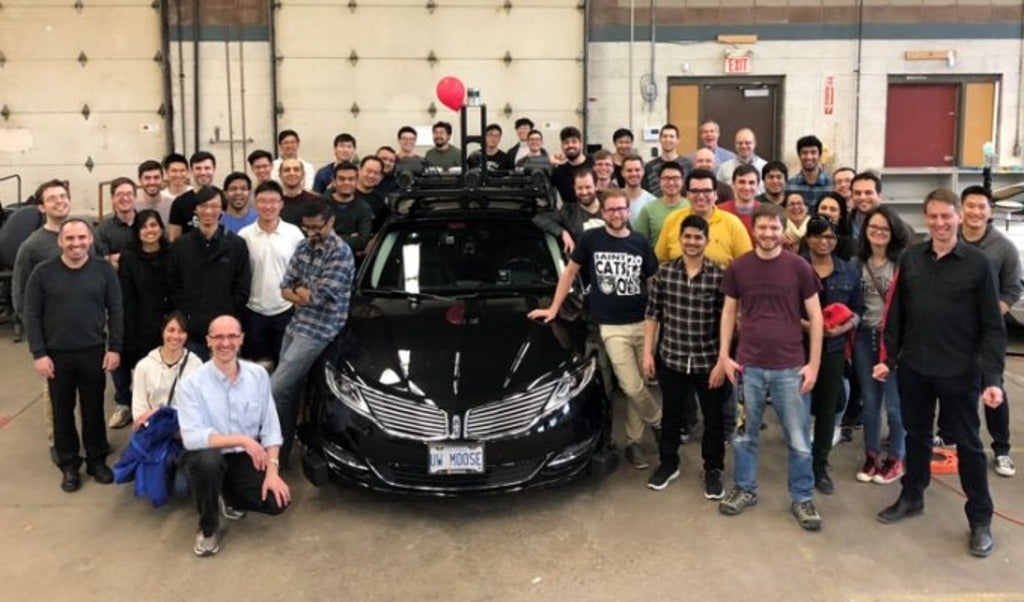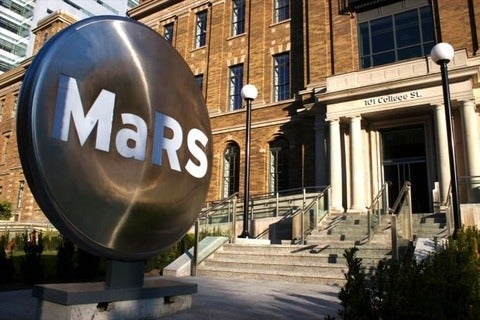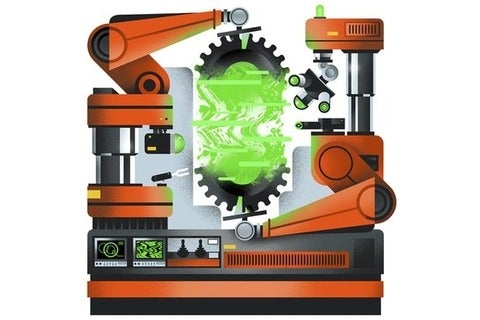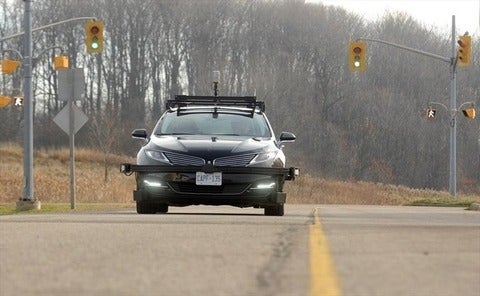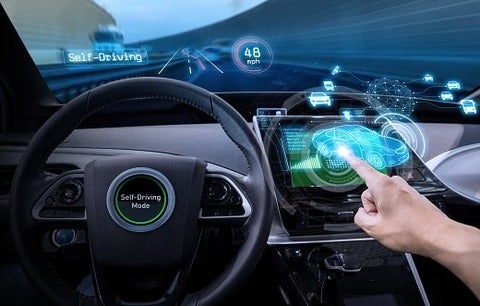The common misconception when it comes to automation is that it just happens. Like the Terminator stepping from a crackling energy bubble transported from the future, it just arrives fully intact, ready to go.
Roboticists are quick to point out that reality occurs much more slowly. Automation, instead, happens one small step at a time over the course of many years.
Such is the case with cars, which are on their way to becoming self-driving. But, as per the truism of robotic reality, it’s happening more gradually than some proponents may suggest. Also, the process has been under way for decades.
